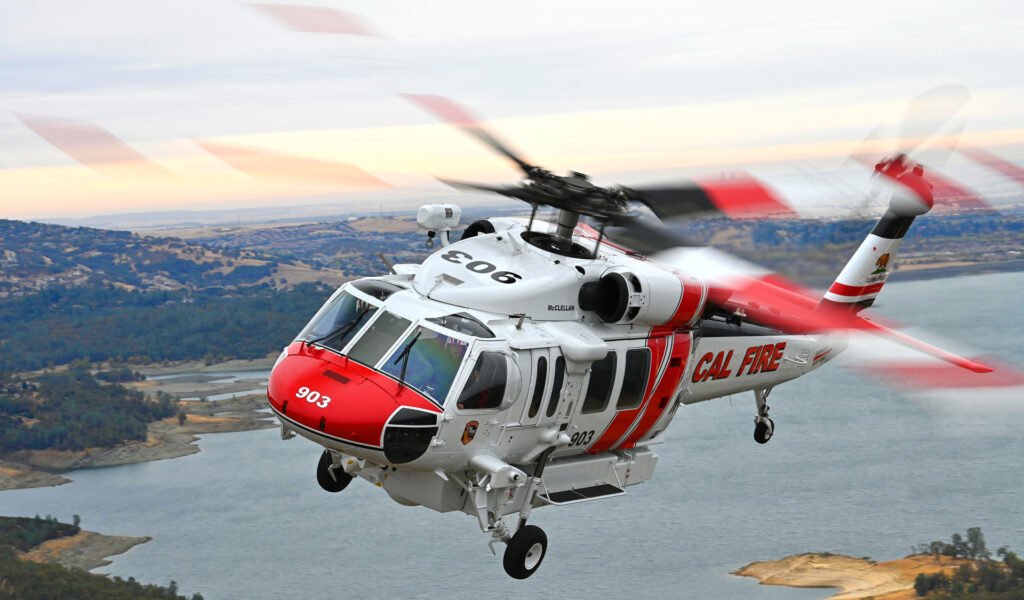United Rotorcraft Awards Sikorsky Contract for Five S-70 Black Hawk Helicopters
ENGLEWOOD, Colorado – August 26, 2021 – United Rotorcraft, an Air Methods Corporation division, has awarded Sikorsky, a Lockheed Martin company (NYSE: LMT), a contract for five S-70 Black Hawk helicopters. The bulk order will enable…
